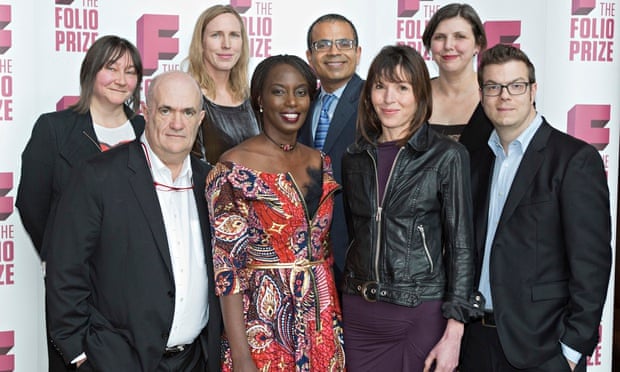Last week, Akhil Sharma won the annual Folio award. Here, one of the judges, an Observer writer, reveals what reading 80 novels taught her about the state of modern fiction

I wouldn’t ever want to complain about all the reading I had to do as a judge of the Folio prize. How wonderful to be paid to read – assuming, of course, that reading’s your thing (I hardly want to do anything else). But there is no denying that some weeks I felt wary of the boxes of books that glowered at me from a corner of my sitting room. Gobble a lot of fiction very quickly – we read 80 novels and short story collections in about four months – and you soon find yourself suffering from the literary equivalent of a food intolerance. Oh no, you think, not another novel about X or Y. At these moments, only one thing keeps you going: the faint hope that the book in question might turn out to be the greatest novel ever written about X or Y.
This is the first stage of the process, and it’s good when it’s over. Stage two happens without your noticing. As the weeks tick on, a list of books forms in your mind, one to which you grow unreasonably attached. Once this has happened, you’re already at the beginning of stage three: the Great Letting Go. It sounds dumb now, but I agreed to judge the Folio prize thinking it would be simple. We judges had merely to find the best book; excellence would be our only standard. Somehow, I failed to register that I would not be sitting in a room with four other Rachels, all with the same likes and dislikes as me. At the first judges’ meeting, during which we drew up our long list, I felt something close to panic as my darlings were thrown out, scythed by the passionate dislike or, worse, the indifference of my colleagues William Fiennes, Mohsin Hamid, AM Homes and Deborah Levy. After the shortlist meeting, I had to walk home the long way to burn off the adrenaline. Not even knowing that everyone else was feeling exactly same – we all sustained casualties – made it any the less excruciating.
More
This is the first stage of the process, and it’s good when it’s over. Stage two happens without your noticing. As the weeks tick on, a list of books forms in your mind, one to which you grow unreasonably attached. Once this has happened, you’re already at the beginning of stage three: the Great Letting Go. It sounds dumb now, but I agreed to judge the Folio prize thinking it would be simple. We judges had merely to find the best book; excellence would be our only standard. Somehow, I failed to register that I would not be sitting in a room with four other Rachels, all with the same likes and dislikes as me. At the first judges’ meeting, during which we drew up our long list, I felt something close to panic as my darlings were thrown out, scythed by the passionate dislike or, worse, the indifference of my colleagues William Fiennes, Mohsin Hamid, AM Homes and Deborah Levy. After the shortlist meeting, I had to walk home the long way to burn off the adrenaline. Not even knowing that everyone else was feeling exactly same – we all sustained casualties – made it any the less excruciating.
More
No comments:
Post a Comment